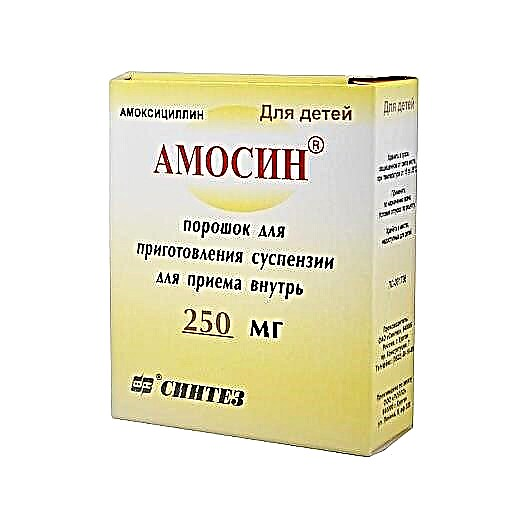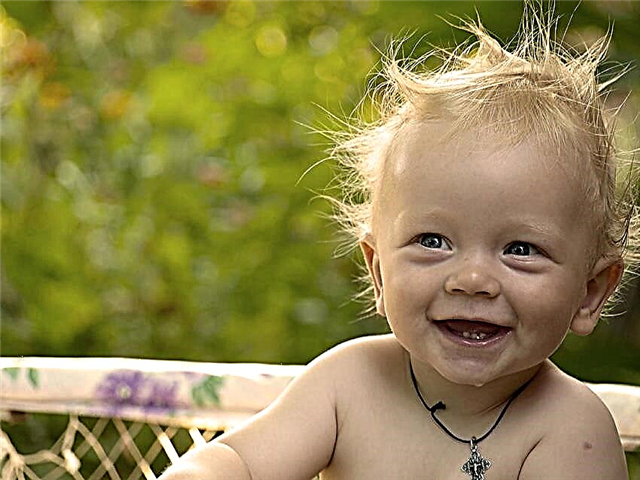
Although vaccination against hepatitis A is not on the list of mandatory vaccinations and is included in the calendar of events carried out according to epidemic indications, every child can face the need to get such a vaccine. Why is it needed and what should parents learn about such vaccination?
The pros
- Vaccinating your child against hepatitis A will help him avoid long-term illness and recovery. Since there is no special therapy for such a disease (medications only support the liver and reduce intoxication), it takes weeks or even months to recover.
- In most people, already after 1 dose of the vaccine within a month after the injection, high protection against the hepatitis A virus is formed.
- There are practically no serious negative reactions to this vaccine.
- Hepatitis A vaccination is included in the national calendars of countries such as the USA, China, Israel, Argentina and others.
- It is especially important to vaccinate children who have liver disease against hepatitis A, because the acquisition of this infection for them can end in very serious complications.
- Vaccines are usually presented in syringe doses, so there are no mistakes in drug dosage.
The cons
Although extremely rare, vaccination against hepatitis A can be accompanied by the appearance of adverse reactions, both local and systemic.

Why is the disease dangerous?
The virus infects the liver and can cause both mild hepatitis A and quite severe illness. Since it is transmitted from person to person, as well as through contaminated food and water, outbreaks and epidemics of this type of hepatitis often occur, especially in children's groups.
Although, unlike other types of hepatitis, this infectious disease does not cause chronic liver disease and cirrhosis, however, hepatitis A can significantly weaken health over a long period. In addition, there is a fulminant form of such hepatitis, which causes acute liver damage and frequent death.
In young children (under 6 years of age), hepatitis A is rarely severe, but in older children and adults, the disease can severely affect the liver and be life-threatening.
Children are more at risk of contracting such hepatitis if they:
- They are in a closed team;
- Live next to a sick person;
- They live in a hostel;
- Not provided with purified drinking water;
- We arrived in a region where the incidence of hepatitis A is high.
Contraindications
Vaccination against hepatitis A is not given if:
- There is an intolerance to the components of the vaccine;
- There was a marked reaction to the previous administration;
- The child has an acute illness - you can vaccinate in two to four weeks after recovery, and if the baby has a mild ARVI or an acute intestinal infection, the vaccine can be administered as soon as the body temperature returns to normal.

Vaccine safety
The safety of drugs that protect against hepatitis A is considered high. Because even after a single dose, 99% of children develop protection against hepatitis A virus after 30 days, vaccines effectively suppress outbreaks of this infection. In addition, the administration of the hepatitis A vaccine does not affect the administration of any other vaccines.
Possible complications
There are practically no reactions to the hepatitis A vaccine. Even if they do appear, they proceed easily and pass quickly. Within 48 hours after the injection, local changes (short-term soreness, redness, swelling) may appear, as well as lethargy, weakness, fever, rarely nausea and headaches.
Preparation before vaccination
Only healthy children are vaccinated, so it is important to make sure that the child does not have any acute illness before giving the vaccine. For this, the child should be examined by a pediatrician and made conclusions whether it is safe for the child to receive immunization against hepatitis A.
Minimum child age and vaccination frequency
Vaccination against hepatitis A can be given to children over 1 year old. In our country, it is carried out for epidemiological reasons, for example, in case of an outbreak of a disease in a children's team, a trip to an area with a high incidence, or a close relative is infected.
Vaccination scheme
The most commonly used vaccine is double vaccination, as it provides longer lasting immunity against hepatitis A. After the introduction of one dose of the drug, the child develops protection for 12-18 months - during this period, it is recommended to repeat the vaccine administration. The optimal time for revaccination is considered to be 6-12 months from the moment of the first vaccine administration.

Where is the injection given?
The hepatitis A vaccine is given intramuscularly. If the child is small, the thigh muscle is chosen for the injection, and in older children, the drug can be injected into the deltoid muscle. The introduction of a vaccine into the gluteus muscle is not practiced these days. Some drugs can be injected under the skin, but intravenous injection is categorically contraindicated.
What to do in case of negative reactions after vaccination?
Usually, the vaccination is very easily tolerated, and if side effects appear, they are mild and disappear within 48 hours without treatment. The emerging fever can be eliminated with antipyretic drugs. If local changes have occurred, then rub the injection site and do not treat with medications.



